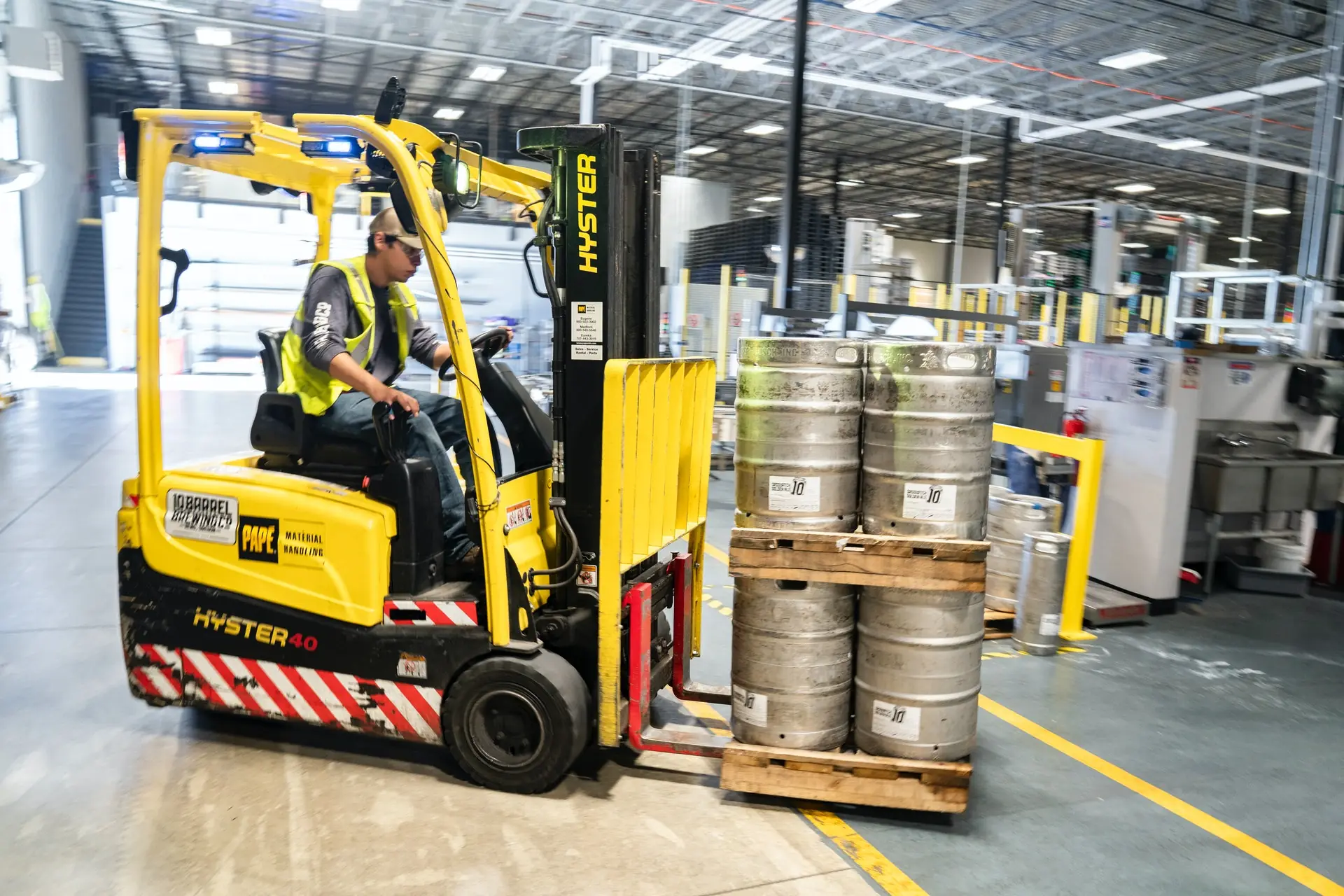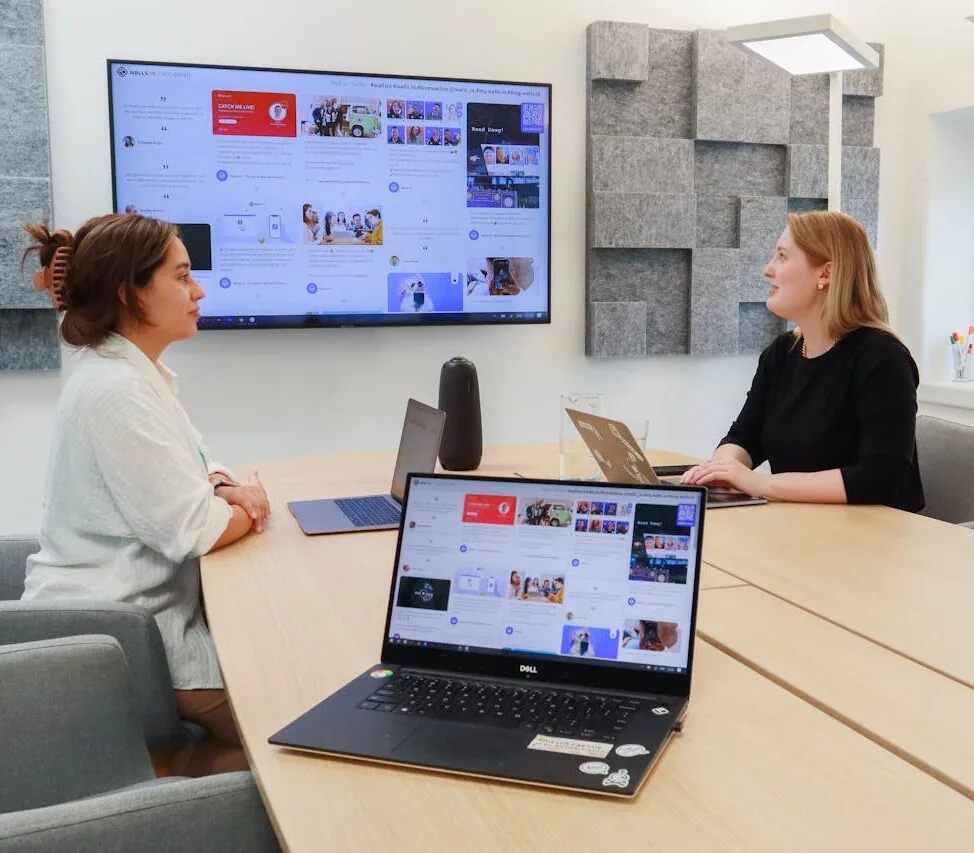Attracting and retaining top talent is a continuous challenge for employers in every industry. Understanding why employees' reasons for leaving a job can help organizations shore up their defenses against unwanted turnover. This year, employees are transitioning more than ever before, shaping workplaces in ways we hadn't anticipated. From the exodus of a particular generation to the rise of remote roles, job-moving decisions are multi-layered and sometimes unexpected. This blog post will dissect the top reasons behind employee departures, offering employers and employees insight into how to preserve workplace satisfaction and, ultimately, a loyal workforce.
The Pursuit of a Better Work-Life Balance
In the modern world, work-life balance is not a luxury, but a necessity. The pandemic shifted our focus, emphasizing a life beyond the office. Employees are now more mindful of how their work affects their personal life, and in turn their mental health, and they're increasingly willing to make a move if it means they can have more control over their time. Employers who offer flexible schedules, remote work options, and enhanced leave policies have seen a notable increase in job satisfaction and retention.
Stagnant Career Growth and Development
Employees today crave more than just a job—they desire a career. If they feel as though their professional growth has hit a standstill, they start looking elsewhere. A lack of upward mobility is an age-old reason for leaving a job. Companies that invest in training, mentorship programs, and regular performance feedback have an edge in fostering a culture of development. Ensuring employees have a clear path for advancement within the organization is crucial in retaining their services.

Lack of Recognition and Compensation
Money isn't everything, but it's a significant factor for many employees. Beyond mere compensation, the lack of appreciation often goes hand in hand with an employer's reluctance to provide competitive salaries. A corporate culture that recognizes achievements, values contributions, and compensates employees fairly can help boost retention rates. In an environment where merit is acknowledged, employees feel motivated and respected.
Dissatisfaction with Company Culture and Leadership
A toxic work environment can render even the most appealing job untenable. If employees find themselves unhappy with the company's values, its internal politics, or its leadership, they are more likely to seek greener pastures. Organizational cultures that uphold transparency, fairness, and open communication build trust and loyalty among employees, lowering the likelihood of resignation.\
Opportunities Elsewhere
In the midst of a job market that is more candidate-driven than in recent memory, the grass often seems greener on the other side. Talented workers may leave in pursuit of opportunities that offer more exciting work, a better location, a more established brand, or better compensation and benefits. Employers who can articulate a compelling vision for the future and provide employees roles that grow alongside the company's success can secure their workforce.
The Impact of Remote Work and the Great Resignation
The global shift to remote work redefined what is possible and what is desirable for many employees. The Great Resignation, a trend that saw millions leaving their jobs due to the pandemic's fallout, continues to shape the employment landscape. Remote work's flexibility and the proximity to family and lifestyle have become critical job criteria for many, with traditional offices facing the scrutiny of adaptability and cultural fluidity. In turn we saw many citing the requirement that they return to office, after seeing it was not entirely necessary, as a reason for leaving a job.

The Impact of Remote Work and the Great Resignation
The global shift to remote work redefined what is possible and what is desirable for many employees. The Great Resignation, a trend that saw millions leaving their jobs due to the pandemic's fallout, continues to shape the employment landscape. Remote work's flexibility and the proximity to family and lifestyle have become critical job criteria for many, with traditional offices facing the scrutiny of adaptability and cultural fluidity.

Workplace Health and Safety
The COVID-19 pandemic brought the issue of workplace health and safety to the forefront. Employees who felt that their well-being wasn't a priority due to insufficient pandemic response measures or hazardous work environments tended to look for exits. Organizations that instituted robust health protocols and prioritized the mental and physical well-being of their employees during the pandemic build foundations for loyalty.
Challenges with Colleagues and Team Dynamics
A harmonious team dynamic can make the toughest work enjoyable. Conversely, conflicts with colleagues or within the team can drive employees to consider leaving. Employers who establish and enforce clear guidelines for respectful communication, support team building activities, and provide resources for resolving conflicts can mitigate this source of job dissatisfaction.
Stress and Burnout
Work-related stress and burnout are significant contributors to an employee's reason for leaving a job. In a productivity-focused culture, employees often face unrealistic workloads and pressure which can lead to employees becoming overworked and overstressed. Organizations that promote work-life harmony, encourage vacation and personal time, and manage workloads effectively can help reduce turnover by maintaining healthier, more engaged employees.
The Technological Divide
Adapting to new technologies and tools at the workplace is essential for professional growth. Employees who feel that their employer's tech offerings are outdated or difficult to use may feel left behind. Companies that invest in cutting-edge technologies and provide adequate training and support to use them can stay on the forefront of employee satisfaction and retention.
In addressing these reasons, employers can create more fulfilling workplaces, and employees can make informed decisions about their careers. Not every reason for leaving can be prevented, nor should it—sometimes a change is necessary for personal growth. But developing a deep understanding of these drivers can lead to a more appreciative, innovative, and resilient workforce.
By acknowledging the shifting employment landscape and acting on these insights, both employers and employees can foster environments where talent is not just recruited, but retained and flourished. The future of work isn't about preventing transitions, but about responding to them effectively and ensuring that the opportunities that do arise are in line with both professional and personal aspirations.
In conclusion, finding the right job for you or the right fit for your company is never easy. Everyone is different and every job is different but if you can foster an environment that supports your employees and their needs as people, you can have top talent and be confident that they will stay with you long-term. If you need more help with retention, we here at SkillsetGroup can help, our motto is Building a Culture of Retention because that is what we do internally and for our clients, and that is what we can do for you too.

Visualizing Your Path to Becoming a Data Analyst
Are you a job seeker or someone looking to transition careers? Do you want a well-paying desk job with a relatively low barrier to entry? Becoming a data analyst might just be the perfect choice…
Read More

How to Become a Forklift Operator in California
Looking for a job that offers stability, good pay, and minimal entry barriers? If so, getting forklift certified could be your golden ticket. Forklift jobs are abundant, especially in Southern California, where industrial work is…
Read More

How Fireworks Light Up the 4th of July
The 4th of July is synonymous with backyard barbecues, parades, and of course, spectacular fireworks shows. This national holiday, celebrating America’s independence, isn’t just a significant cultural event; it’s a major economic driver, particularly for…
Read More

Tips for Benefits and Salary Negotiation That Will Get You What You Deserve
Whether entering the job market for the first time or seeking a new opportunity, the interview process can be both thrilling and nerve-wracking. Among the many challenges job seekers face, negotiating pay and benefits stands…
Read More

